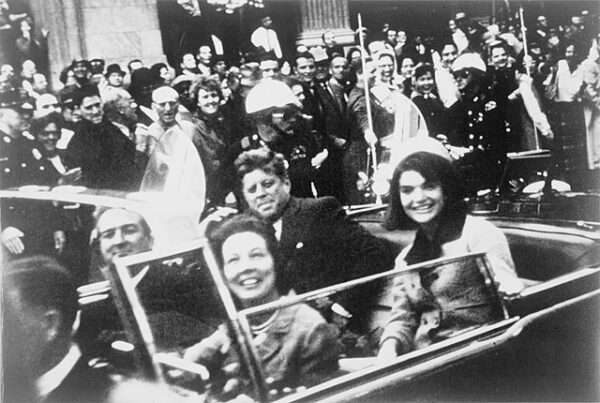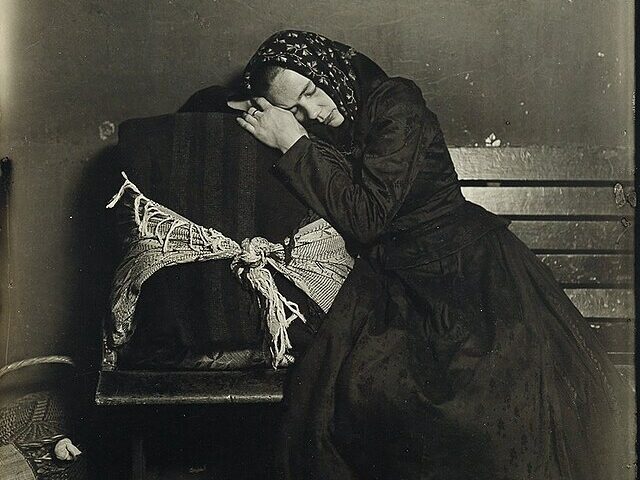The assassination of President John F. Kennedy in 1963 was a watershed moment in American history, shaping the nation’s trajectory and leaving an indelible mark on the collective psyche. Kennedy, a charismatic and youthful leader, was gunned down in Dallas, Texas, while riding in a motorcade. The official investigation, led by the Warren Commission, concluded that Lee Harvey Oswald acted alone in carrying out the assassination. However, doubts and conspiracy theories quickly emerged, fueling a sense of mistrust and skepticism among the American public.
Walter Cronkite, a revered American journalist and anchorman for CBS News, played a pivotal role in delivering the shocking news of the president’s assassination. With a somber tone, Cronkite interrupted regular programming to inform viewers that Kennedy had been shot in Dallas, Texas. As details unfolded, Cronkite provided real-time updates, conveying the nation’s collective grief and uncertainty. His composed and empathetic reporting during this critical moment solidified Cronkite’s reputation as “the most trusted man in America” and underscored the power of television journalism in shaping public understanding of historic events.
A profound sense of national mourning marked the aftermath of Kennedy’s assassination. The nation came to a standstill as people grappled with the shocking loss of their president. Lyndon B. Johnson, Kennedy’s vice president, was sworn in as the new president, inheriting the responsibilities of leading the country during a tumultuous period. The tragedy had a lasting impact on the American political landscape, influencing both domestic and foreign policy decisions.
The legacy of the Kennedy assassination extended beyond the confines of politics. The event played a pivotal role in shaping the American cultural and social landscape of the 1960s. It contributed to the disillusionment of the era, challenging the optimistic narrative that had characterized the post-World War II years. The Civil Rights Act of 1964 and the escalation of the Vietnam War were among the significant policy changes that unfolded in the aftermath, marking a departure from Kennedy’s vision.
Despite numerous investigations, including the release of classified documents over the years, the question of who was responsible for Kennedy’s assassination remains a subject of debate and speculation. The enduring mystery has fueled a cottage industry of books, documentaries, and conspiracy theories, underscoring the enduring impact of that fateful day in Dallas on American history and culture.






